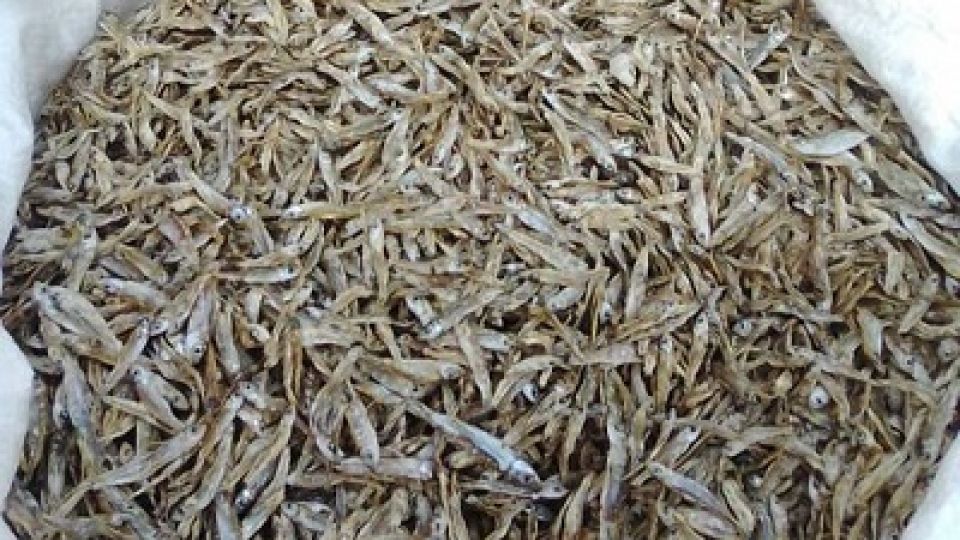from OBERT SIAMILANDU in Kariba, Zimbabwe
Zimbabwe Bureau
KARIBA, (CAJ News) – THE Lake Kariba Inshore Fishery Management Plan is anticipated to address the issue of declining yields in the lake, as a result of declining water levels.
Climate change, which is triggering droughts, is blamed for the setback.
“Climate change has also played a part in negatively impacting total fish catches and lowering household income. With the Lake Kariba Inshore Fishery Management Plan now in place, these challenges can be addressed,” said Minister of Environment, Climate, Tourism and Hospitality Industry, Nobizitha Mangaliso Ndlovu.
He appreciated the Food and Agriculture Organisation of the United Nations (FAO) for the generous support towards sustainable fisheries management through the Code of Conduct for responsible fisheries.
FAO has also supported development and utilisation of the small-scale fisheries of Lake Kariba for the past two years through the Technical Cooperation Programme (TCP) and the technical consultations which bring together Zambia and Zimbabwe.
Ndlovu said FAO immediately responded to the government’s appeal to support efforts in ecosystem-based management and utilization of inland fisheries resources for food security.
“The government fully supports such programmes which undoubtedly have a positive impact on the communities,” he said.
He believes the Lake Kariba Inshore Fishery Management Plan would give opportunities for wider community participation, social dialogue and collaborative partnership among various stakeholders and development partners.
It is part of the National Development Strategy 1 (NDS 1) goal of ensuring food and nutrition sufficiency to all and improving the health of ecosystems.
The implementation of the project was done through teamwork involving FAO, government, fishers and other stakeholders.
FAO is implementing another fisheries initiative jointly with Zimbabwe, called the FISH4ACP. It aims to contribute towards a productive and a sustainable tilapia aquaculture industry.
“I envisage a successful implementation of the Fisheries Management Plan and urge active participation and engagement from all the stakeholders to enhance the resilience and sustainability of the inshore fisheries of Lake Kariba, ” said Patrice Talla, FAO Coordinator for Southern Africa.
Tichaona Manzungu, Gache-Gache fishing camp chairperson, commended FAO and the government for involving local people in fisheries projects.
“This has made the industry grow and become what it is today,” Manzungu said.
– CAJ News

